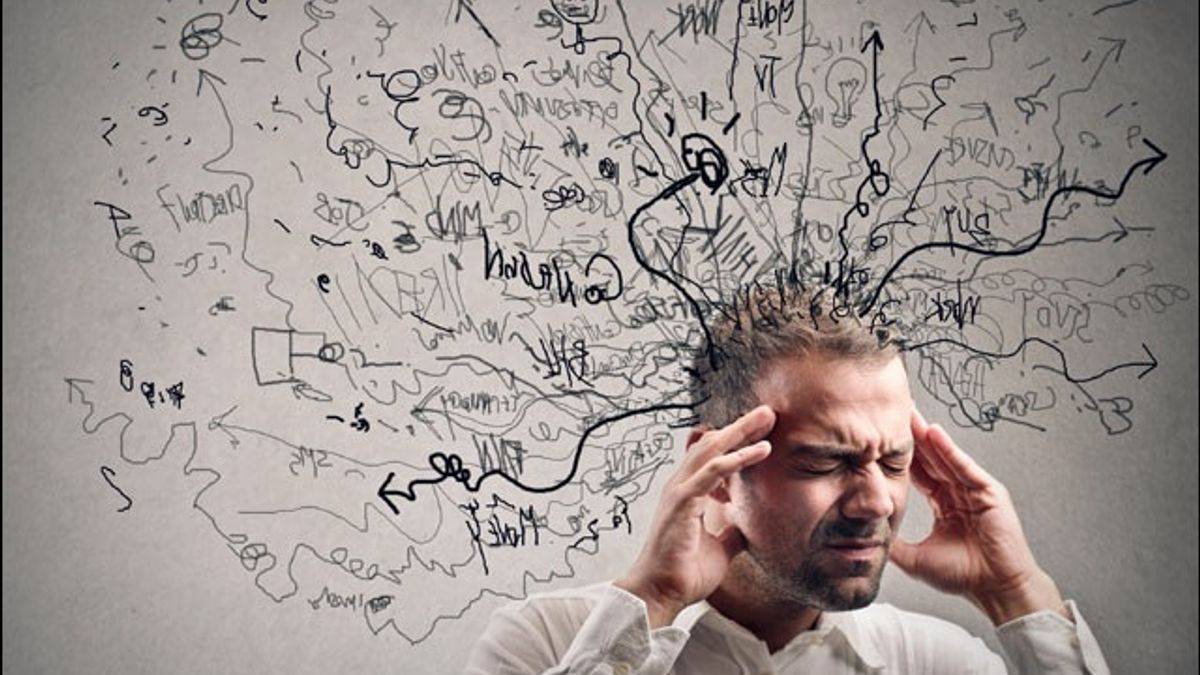“The mind is everything. What you think you become.” – Buddha. This quote shows how powerful our thoughts can be. It opens the door to exploring self-hypnosis. In today’s stressful life, self-hypnosis is a great way to relax and find peace. By practicing self-hypnosis, you can let go of stress, calm your nerves, and enter a deep state of relaxation. This method helps you handle stress better and can make you feel clearer mentally and emotionally.
Self-hypnosis is not just a trend; it’s a tool to control your mind. With regular practice, you can sleep better and think more calmly. Imagine having a daily routine where you relax deeply, using self-hypnosis to ease your day’s stress. Let’s explore how self-hypnosis can help you relax and live a healthier life.
Key Takeaways
- Self-hypnosis techniques are specially designed for relaxation and stress relief.
- Regular practice can significantly improve sleep quality, with individuals reporting longer sleep durations.
- Self-hypnosis is effective in addressing emotional challenges, such as anxiety and low self-esteem.
- Daily relaxation techniques can yield noticeable benefits within just a few days.
- Hypnotherapy can assist in overcoming fears and phobias, enhancing overall well-being.
- Self-hypnosis practices can lead to a more focused mind and better decision-making skills.
Understanding Self-Hypnosis and Its Benefits
Self-hypnosis is a way to relax on your own and connect with your subconscious mind. It helps you manage stress, lower anxiety, and improve your emotional health. Unlike meditation, it uses special self-hypnosis techniques for deeper relaxation and clarity.
What is Self-Hypnosis?
Self-hypnosis means guiding yourself into a calm state for deep relaxation. This state helps you gain deeper insights and lets positive thoughts take root in your mind. People learn about what is self-hypnosis to boost their health and emotional strength.
How Does Self-Hypnosis Work?
Self-hypnosis focuses your mind and calms your body. You might use visualization or deep breathing to enter a trance. This calm state lets you change negative thoughts. People have seen great results in managing pain, reducing anxiety, and sleeping better.
Advantages of Self-Hypnosis for Relaxation
The advantages of self-hypnosis go beyond just relaxing. Studies show big benefits like:
- Less anxiety, as seen in studies with self-hypnosis users.
- Better sleep, with 70% reporting improved sleep habits.
- Improved stress handling, making daily challenges easier.
- Stable emotions, boosting mental health.
- Help with chronic pain, reducing pain perception.
Self-hypnosis can greatly improve your life. With the right methods, you can change your mind to face challenges better. For more details on how it helps with emotions and anxiety, check out studies on self-hypnosis for anxiety management.
| Benefits | Details |
|---|---|
| Reduced Anxiety | Studies show substantial improvements in anxiety traits among participants using self-hypnosis. |
| Improved Sleep | Nearly 70% of practitioners report better sleep quality after adopting self-hypnosis. |
| Pain Management | Self-hypnosis techniques have proven effective in reducing chronic pain and enhancing comfort levels. |
| Emotional Stability | Participants indicated an increase in overall emotional resilience and coping skills. |
Deep Relaxation Techniques Through Hypnotherapy
Hypnotherapy is a special way to relax deeply. It uses different techniques for each person’s needs. These methods help you reach your subconscious mind. This leads to stress relief and feeling better overall. Using hypnotherapy can change your life if you’re looking for emotional and physical calm.
Exploring Hypnotherapy Techniques
Some popular hypnotherapy techniques include:
- Visualization: This involves creating vivid mental images that promote calmness and relaxation.
- Progressive Muscle Relaxation: A method where you progressively tense and relax different muscle groups to alleviate tension.
- Breathing Exercises: Focused breathing helps center the mind and can enhance the relaxation response.
These techniques can be changed to fit what you like. This makes them easy for anyone to use to lessen stress and anxiety.
How Hypnotherapy Supports Stress Relief
Studies show hypnotherapy is great for handling stress. Many doctors use these techniques to help with sleep problems, high blood pressure, and anxiety. Using these relaxation methods often can make you feel more emotionally stable and improve your overall health.
During sessions, you’ll go through guided relaxation. This lets you check in with your subconscious and change negative thoughts. It helps you learn more about yourself and connect better with your relaxation skills. You can learn more about growing personally through self-hypnosis here.

Self-Hypnosis for Relaxation: Unwind Your Mind
Self-hypnosis helps you relax and feel better. It starts with making a calm place and focusing inside yourself. Visualizing peaceful scenes makes a mental space for deep relaxation.
Steps to Achieve Self-Hypnosis
Here are easy steps to relax yourself:
- Find a quiet and comfy spot away from distractions.
- Close your eyes and breathe deeply to calm your mind and body.
- Think about a specific idea or picture.
- Let your thoughts go away and your body relax more with each breath.
- Use affirmations that match your goals.
Creating Your Personalized Affirmations
Choosing the right affirmations is key to self-hypnosis. Make personalized affirmations that are short and positive. For example, “I am relaxed and at peace.” These help you stay focused during self-hypnosis. Regular practice makes you better at relaxing, helping you handle stress better and improving your health.
Mindfulness and Visualization in Self-Hypnosis
Adding mindfulness and visualization to self-hypnosis can make you feel more relaxed. Mindfulness helps you stay in the moment, keeping your mind off stress. Being fully present creates a peaceful setting perfect for relaxing.
Visualization takes this calm further by letting you picture peaceful places. These places should feel peaceful and calm to you.
Integrating Mindfulness Practices
Using mindfulness in self-hypnosis can change your experience. Spend time breathing deeply and watching your thoughts without judging them. This helps you relax more deeply. Here are some techniques to try:
- Mindful breathing: Focus on your breath, feeling your chest move up and down.
- Body scans: Check in with each part of your body, letting go of tension.
- Present moment awareness: Use all your senses to stay in the now.
Guided Imagery Scripts for Enhanced Relaxation
Guided imagery scripts are great for visualization. They take you through scenarios that engage all your senses, helping you leave stress behind. Writing your own scripts lets you customize each session for your needs. Think about these things when making your scripts:
- Picture a peaceful natural setting.
- Add sensory details like sounds, sights, and smells.
- Include positive affirmations to keep your focus.
Combining mindfulness and guided imagery creates a space where your goals and positive thoughts can grow. This mix makes your self-hypnosis sessions more effective and relaxing.

| Technique | Description | Benefits |
|---|---|---|
| Mindful Breathing | Focusing on the natural rhythm of breath. | Reduces stress, improves concentration. |
| Body Scan | Systematic relaxation of the body. | Enhances body awareness, releases tension. |
| Guided Imagery | Imagining serene and calming environments. | Facilitates deep relaxation and emotional release. |
Tools and Resources for Effective Self-Hypnosis
Starting a self-hypnosis journey can bring peace and growth. With the right tools, you can make your practice better. Audio recordings, self-hypnosis apps, and reading materials will help you on this journey.
Audio Recordings and Apps
Many self-hypnosis apps and audio recordings offer guidance for relaxation and growth. Hypnobox has over 600 audio elements for $13 a month or $200 for life. Harmony Hypnosis Meditation also offers a subscription for the same price, with new content added regularly.
Relax and Sleep Well Hypnosis is another option, with sessions starting at $3. They offer 6 free recordings and 140 more to buy. For weight management, Lose Weight Hypnosis has packages starting at $6, with a free recording included.
Digipill gives you one free recording and 21 more to buy, with subscription options. Anxiety Free is a budget-friendly choice, costing just $1. It’s perfect for beginners.
Reading Materials on Self-Hypnosis
Books are key to deepening your self-hypnosis knowledge. They offer insights into managing stress and understanding self-hypnosis. By reading these, you’ll appreciate hypnosis more and improve your practice.
Using a mix of audio recordings, apps, and books can lead to better results. It’s important to have a variety of tools. This way, you can fully benefit from self-hypnosis and reach your goals.
Conclusion
Self-hypnosis is a powerful tool that combines relaxation and stress management. It offers many benefits for those who try it. By using techniques like deep breathing and guided imagery, you can reach your subconscious mind. This helps you find emotional balance and peace.
Adding self-hypnosis to your daily life helps you relax and manage stress, anxiety, and insomnia. Studies show that hypnotherapy with a professional can really help. Plus, many insurance plans cover it, making it easier for people to try.
Starting this journey means unlocking your potential for a better future. It’s about relaxing and enjoying the benefits of better mental health. To learn more about self-hypnosis and its benefits, check out this link.
FAQ
What is self-hypnosis?
Self-hypnosis is a way to put yourself into a deep, relaxed state. It’s like meditation but focuses on calming your mind and distracting you from negative thoughts.
How can self-hypnosis help with stress management?
Self-hypnosis helps you relax deeply. This can make you feel more emotionally stable and better at handling stress. It can also improve your mental health overall.
What techniques are involved in hypnotherapy?
Hypnotherapy uses techniques like visualization, muscle relaxation, and breathing exercises. These help you focus on positive thoughts, bypassing your conscious mind to plant positive suggestions in your subconscious.
How do I achieve self-hypnosis?
To achieve self-hypnosis, find a quiet place and focus your attention. Visualize calming scenes and use affirmations that match your goals. This makes the practice more effective over time.
What role does mindfulness play in self-hypnosis?
Mindfulness helps you stay in the moment during self-hypnosis. It keeps you focused and helps you manage stress better. This leads to deeper relaxation.
Can I use guided imagery in self-hypnosis?
Yes, guided imagery is a strong tool. It lets you imagine peaceful scenes and engage all your senses. This creates a relaxing mental space for personal affirmations.
What resources can support my self-hypnosis practice?
There are many resources out there. You can find audio recordings and apps from trained hypnotherapists. There’s also literature on self-hypnosis and stress management to help you.
How often should I practice self-hypnosis?
Practicing self-hypnosis regularly is important. It helps you get better at entering hypnotic states. This way, you can enjoy the mental health benefits more consistently.




























































